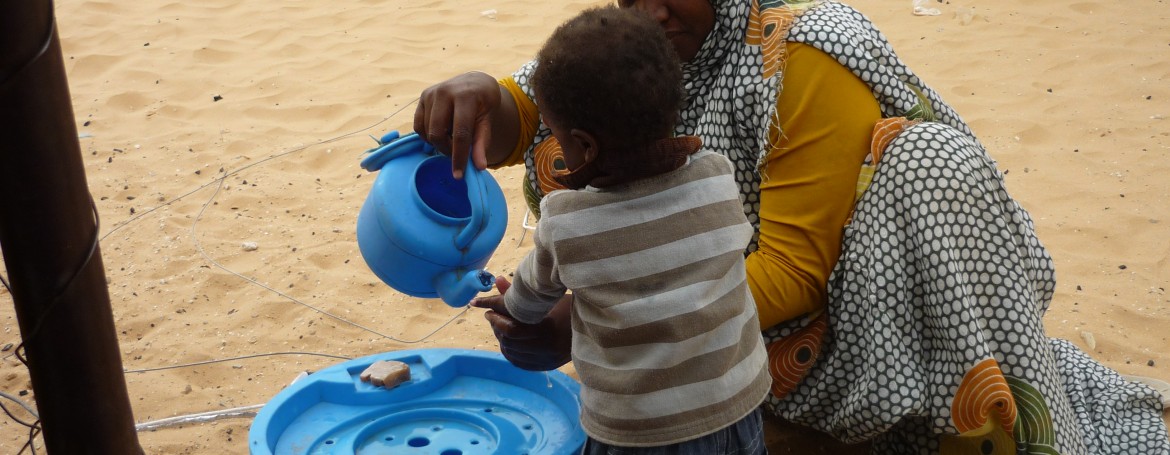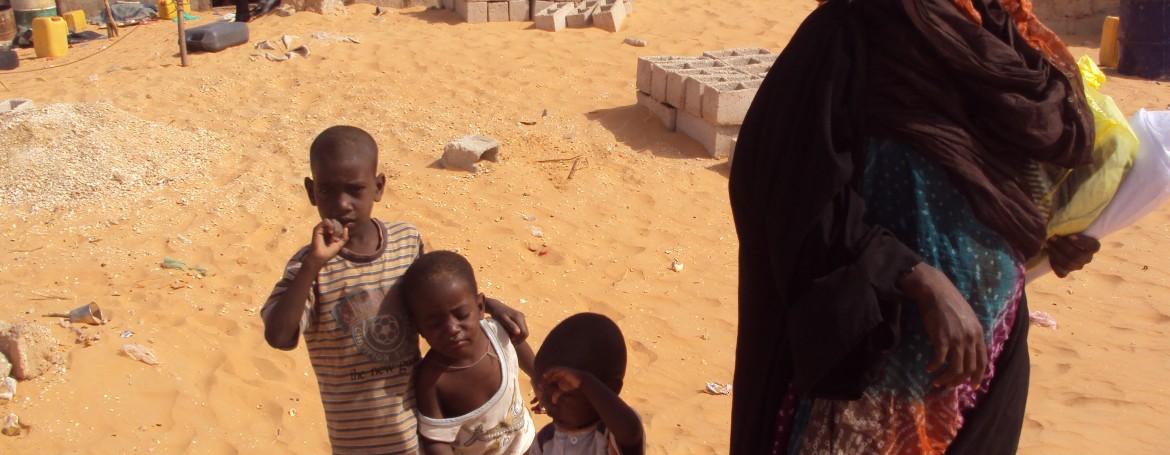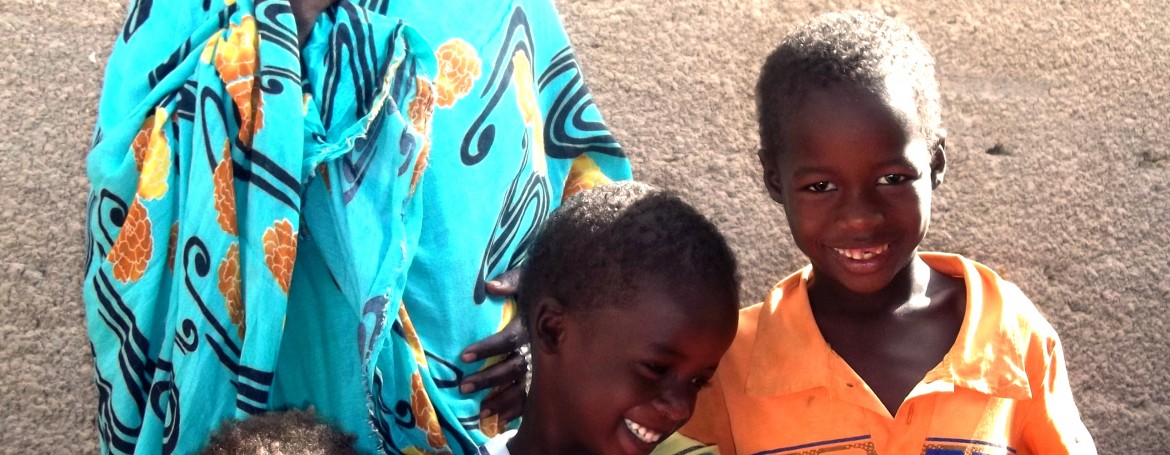Since 2009, Doulos has been running a community nutrition and health-education project in one of Nouakchott’s poorest neighborhoods, Saada, in the Toujounine district of Nouakchott. The Saada nutrition project focuses on bringing nutritional rehabilitation programs and health education into women’s homes, showing families how they can improve the nutrition and health of their children using locally available ingredients and resources.
How Many People Served: Saada is a neighborhood of 24,000 inhabitants. The project directly benefits approximately 500 families per year through its nutritional screening and rehabilitation activities, but indirectly benefits hundreds of additional families through its outreach in the neighborhood.
Project Timeframe: This is an ongoing project, needing long-term partners.
Why the Project is Needed: A 2007 nutritional survey in Saada revealed alarmingly high rates of malnutrition – 44% of children under 3 years of age were malnourished. Although these rates of malnutrition have now decreased significantly (partly through the intervention of Doulos’ project), Saada remains one of the poorest neighborhoods of Nouakchott, characterized by a serious lack of infrastructure – including water, electricity, markets, schools and health clinics.
Funding Need: The annual budget for 2016 is $25,000 or about $50 per family directly served through the project. Smaller contributions towards this amount are welcome.


